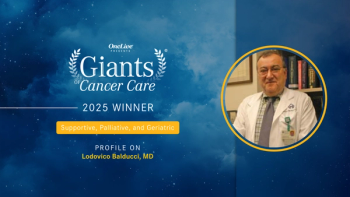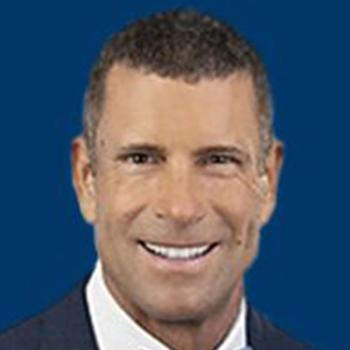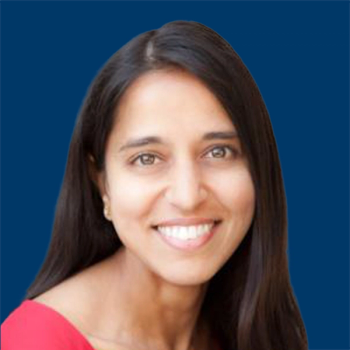
Epidemiology, Treatment of an Aging Inflammatory Bowel Disease Population

Adam S. Faye, MD, of NYU Grossman School of Medicine, discusses the epidemiology and treatment for aging patients with inflammatory bowel disease.
Adam S. Faye, MD, an assistant professor of medicine and population health, Division of Gastroenterology, NYU Grossman School of Medicine, discusses the epidemiology and treatment for aging patients with inflammatory bowel disease (IBS).
Faye's research interest is focused on the intersection of geriatrics and gastroenterology, specifically centered around the understanding of how biological measures can be used to improve both risk stratification tools as well as clinical outcomes among older adults with IBS.
"There is a whole population of older adults who are developing inflammatory bowel disease. In addition, there's an entire population of adults who are younger when they develop inflammatory bowel disease but are now aging," Faye explained. "So really, the number of older adults with inflammatory bowel disease is really rapidly increasing. We think about 20% to 30% of all individuals with inflammatory bowel disease are over 60 [years]."
Faye explained that while what leads to the development of IBS, it seems to be some complex interplay of the environment and genetics, among other factors.
"But what's interesting when you look at older onset individuals with inflammatory bowel disease, they [have a] much lower likelihood to have a family history," he said. "We think perhaps, that the genetic component is smaller and maybe the environmental component is larger."
In the interview, Faye also discussed his passion for exploring this specific patient population with IBS, as well as the importance of mentorship in his career and the collaboration involved in this research.
"If I can help mentor the youth, [I will,] because that's really the future. It is so bright, and that's really what's going to kind of pick up the baton and continue this—I would be over the moon," Faye concluded.






































